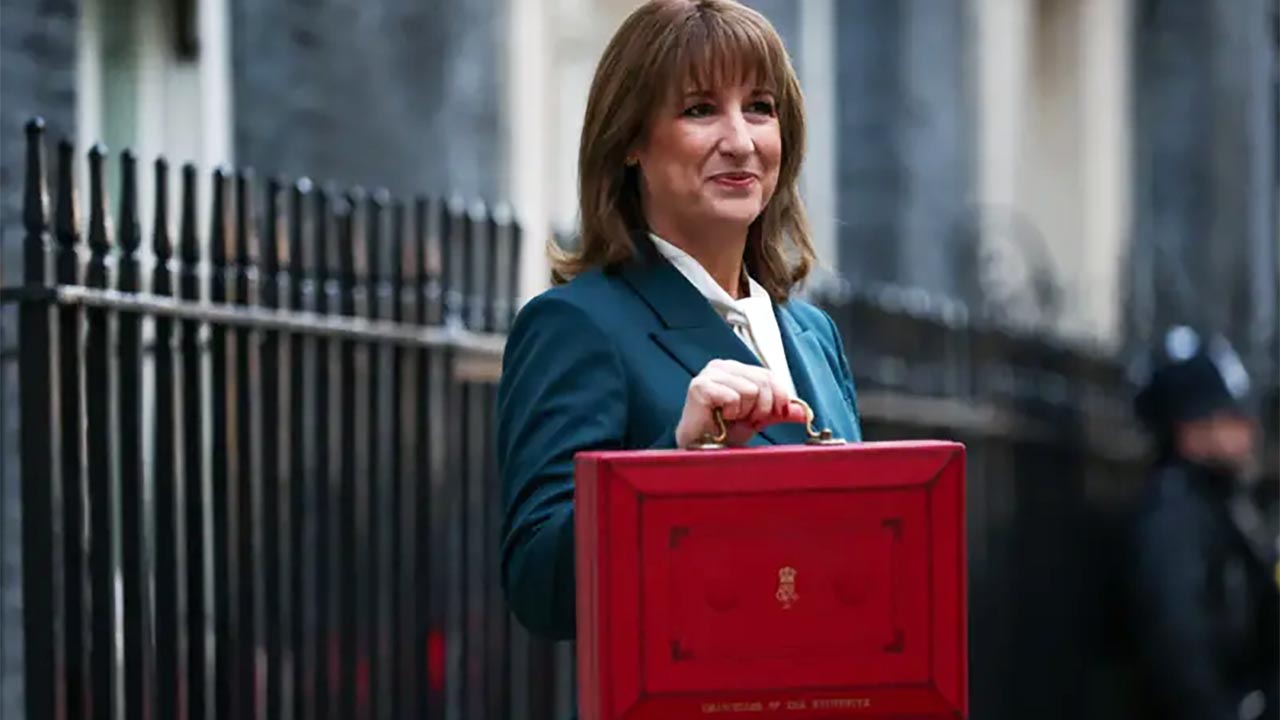A significant drop in music tourism and an exodus of firms vital to the local infrastructure are amongst a number of Brexit-related concerns voiced by Birmingham’s music industries sector, according to a new report available to read here.
The Birmingham Live Music Project report, authored by researchers at Aston University, Birmingham City University and Newcastle University, reveals Brexit-related concerns voiced by policymakers, academics, industry figures and media representatives during a one-day event held in Birmingham earlier this year.
One of the main issues raised was the way that Brexit could lead to fewer artists and productions travelling to the UK from Europe, which in turn could mean a marked decrease in the number of ‘music tourists’ visiting the country and region specifically for live music experiences.
Other key issues raised in the report include:
- Concerns that the summer festival season of 2020 in Birmingham would be negatively impacted by Brexit. It’s feared that the potential costs of running major events such as Moseley Folk & Arts Festival or MADE Birmingham could spiral and lead to heavy losses due to disrupted supply chains.
- Brexit is likely to generate a massive administrative cost for Birmingham-based artists. While larger acts will have labels, promoters and investors to support them, smaller acts in the city will not be able to afford such costs to build up their presence on the Continent through touring and cultural exchanges.
- The future of the high number of production-companies located in Birmingham, which provide lighting, staging and tour management, is also clouded by Brexit, with a large number of jobs possibly moved elsewhere to minimise disruption and maximise sales.
- Fears over a ‘cultural pushback’ as music fans grow less interested in overseas artists. This is already discouraging venues and promoters to book foreign acts and could lead to stagnation of Birmingham’s and the Midlands live music industries.
Dr Patrycja Rozbicka, Lecturer in Politics and International Relations at Aston University who led the report, said: “By bringing a variety of stakeholders together, we aimed to explore the way Brexit is likely to impact everything from the thousands of people who follow and support the live music industry, through to the musicians themselves and the regional authorities that legislate and administrate for cultural economies.”
“This report is the first step in a bigger project which aims to provide much needed creative solutions and recommendations to secure the future of the music industry as we know it pre-Brexit.”
Dr Craig Hamilton, Research Fellow at the Birmingham Centre for Media and Cultural Research, Birmingham City University, said: “Crucial to exploring the problems, questions and opportunities related to Brexit will be the mapping exercise we have built into our research plans, which will be the first time a systematic survey of the live music ecology of Birmingham has been undertaken.”
“With so many complex, inter-related parts and relationships to map we will rely on partnerships with local stakeholders to help us gather useful and reliable data. The event that helped generate this report demonstrates the willingness of stakeholders to work with us on this exercise, and reveals the potential for growing further key partnerships in the region.”
Birmingham city-region organisations who contributed to the report include: Arts Council England, Aston University, Birmingham City Council, Birmingham City University, Birmingham Music Archive, Birmingham Music Coalition, Hare & Hounds Birmingham and Leftfoot Venues, Musician’s Union, Newcastle University, Town Hall & Symphony Hall Birmingham, and West Midlands Combined Authority.
Lyle Bignon, founder of Birmingham Music Coalition highlighted the city-region’s long-standing international relationships currently under threat, saying, “Birmingham’s music community – from a long and vibrant music heritage right through to the exciting contemporary scenes producing global stars such as Jorja Smith, Lady Leshurr, Chris Lorenzo, and Jaykae – is built on the very principle of freedom of movement; artistically, economically and socially.”
“The rich musical future of this multicultural city, whether new Home of Metal exhibitions, the 100,000 capacity St Patrick’s Festival, underground club nights at the Hare & Hounds, or the talent pipelines for new generations of musicians, artists, producers and vocalists through organisations like Royal Birmingham Conservatoire, is all at risk in a post-Brexit world.”
“We urge the music industry and academia regionally and nationally, local and central government, and supporters and fans of music everywhere to come together to support this important research and identify opportunities to develop and progress, in order to safeguard a hugely valuable element of society.”








